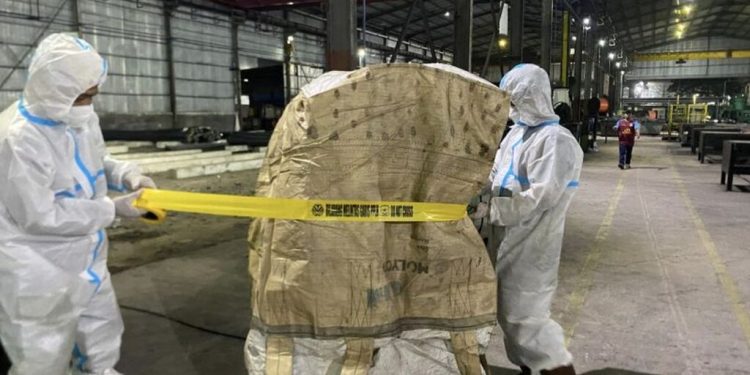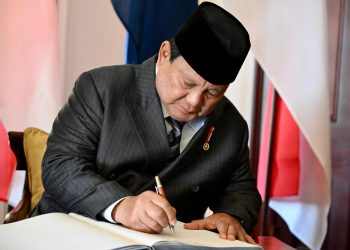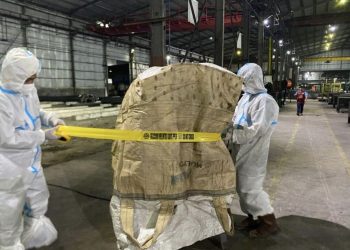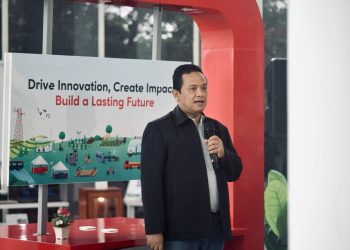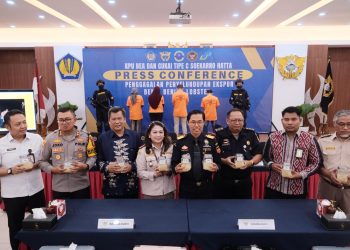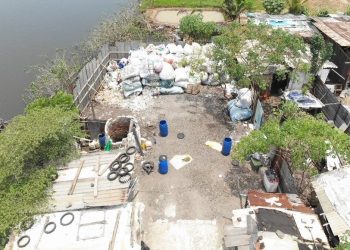BANDUNG, TEROPONGMEDIA.ID — Indonesia on Tuesday (Septermber 30) declared Cikande, district in Serang regency, Banten province as a radiation-exposed zone after investigations confirmed contamination from radioactive cesium-137.
The government’s Cesium-137 task force said the contamination was confined to the Modern Cikande Industrial Estate. Officials emphasized that no traces of radioactive material had been found outside the area.
“We are declaring Cikande as a special radiation incident zone due to Cs-137,” Coordinating Minister for Food Affairs and task force chief Zulkifli Hasan states during press conference on September 30.
Authorities have since contained the main source of pollution, blocked contaminated containers from leaving Tanjung Priok port, and removed radiation sources.
Investigators have questioned PT Peter Metal Technology (PMT), a plant in Cikande identified as the suspected source of the contamination, as well as 15 local scrap metal dealers.
“The task force will continue to examine PMT’s management overseas and other related parties as the investigation develops,” Zulkifli said.
Read Also:
Indonesia’s Shrimp Industry Hit by Falling Prices After Radioactive Contamination Allegations
Indonesia’s Environment Ministry said radioactive contamination from Cesium-137 was traced to PT Peter Metal Technology (PMT), a stainless steel smelting company in Cikande, Banten.
Authorities sealed the PMT plant on September 15, 2025, to reduce the risk of radiation exposure to nearby communities.
Environment Minister Hanif F. Nurofiq said on September 23 that Indonesia does not operate nuclear power plants, making it likely that contaminated metal entered the country from abroad without strict oversight.
“The government takes the issue of Cs-137 contamination very seriously. The radiation most likely originated from another country and entered Indonesia unchecked,” Hanif said.
Decontamination efforts began on September 23 and involved the Environment Ministry, the Nuclear Energy Regulatory Agency (Bapeten), the National Research and Innovation Agency (BRIN), and a police hazardous materials unit.
Investigators found the radiation source in 700 kilograms of scrap metal stored at a junkyard in Barengkok village. The material has since been secured to prevent further risks.
(Raidi/Agung)


